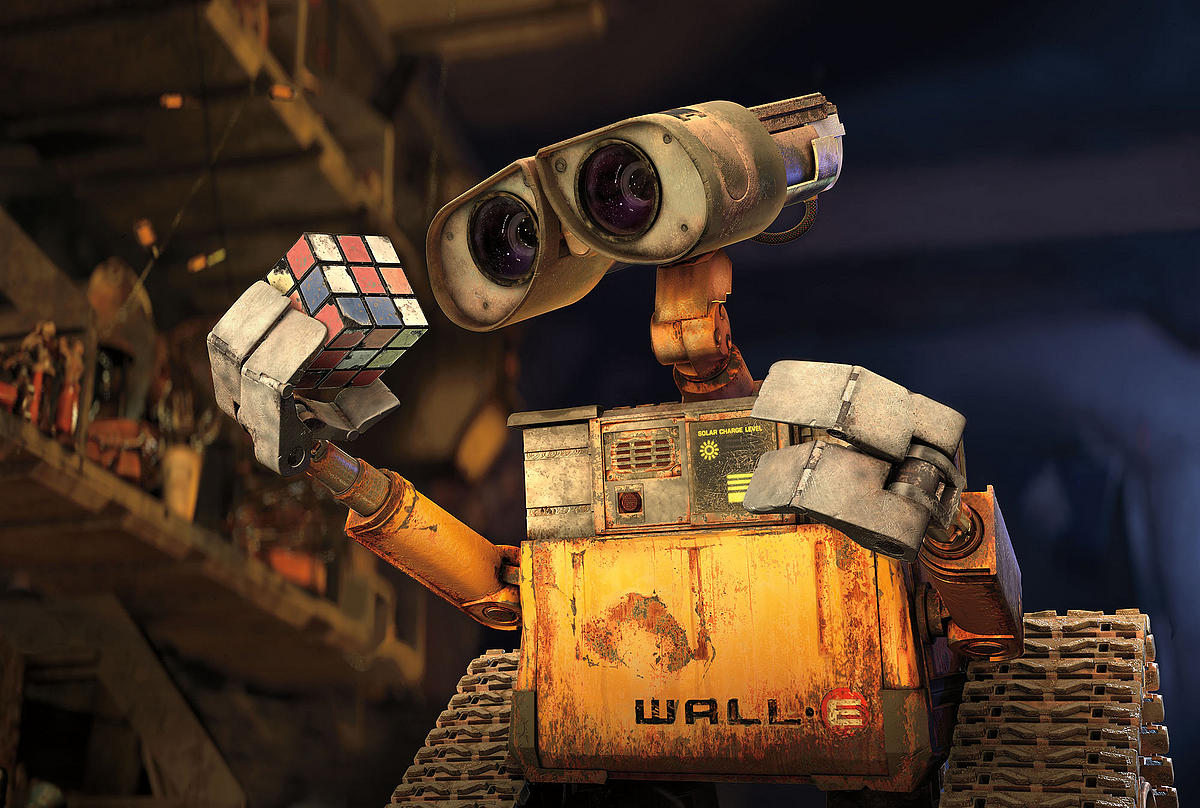Eminent computer scientist Moshe Vardi predicts that within 30 years, robots will be capable of doing almost any job that a human can. This would threaten over half the world’s population out of jobs. This would be possible due to advances in artificial intelligence (AI) and related technologies. Moshe believes that robotic and AI technologies are eliminating a growing number of middle-class jobs and driving up income inequality.

Among the vulnerable jobs, he mentions with certainty are those relating to manufacturing. The (manufacturing) plants in future will mostly be automated plants, not only in the developed world, but also in the developing world. Transportation is another area which is going to be automated in the next two decades. He believes that it’s going to be quaint in another generation, to talk about driving your own car. Driving by people will look like a horse and buggy, he predicts.
More and more supermarkets will have automated checkouts and even loading the shelf will be automated. Warehouses will also be automated. Even farming, which was a major employer 100 years ago, will mostly be done by automated machinery, with GPS, with self-driving machinery.
Moshe is a PhD from the Hebrew University of Jerusalem and Professor of Computer Science and Director of Ken Kennedy Institute for Information Technology at Rice University in US. He has authored over 400 technical papers and edited several collections. He has written and spoken extensively about the increasing automation in the sphere of work.
At a recent panel discussion on AI at the annual meeting of the American Association for the Advancement of Science, Moshe said that there will always be some need for human work in the future, but robot replacements could drastically change the landscape, with no profession safe, and men and women equally affected. Raising the question if the global economy can adapt to greater than 50 per cent unemployment, he said, “I believe that society needs to confront this question before it is upon us: If machines are capable of doing almost any work humans can do, what will humans do?”
